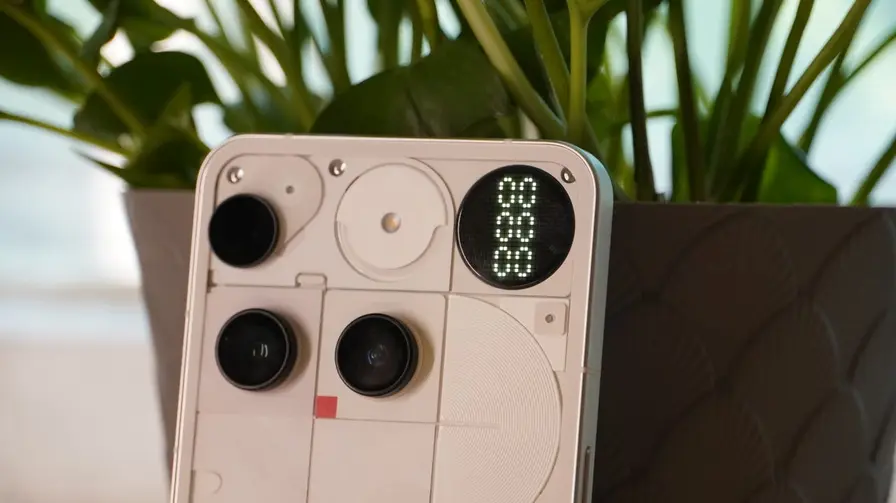T4K3.news
AI likeness concerns in game ads
A streamer alleges ads used his likeness with AI to imitate his voice without permission, prompting a joint Nexon-TikTok investigation.
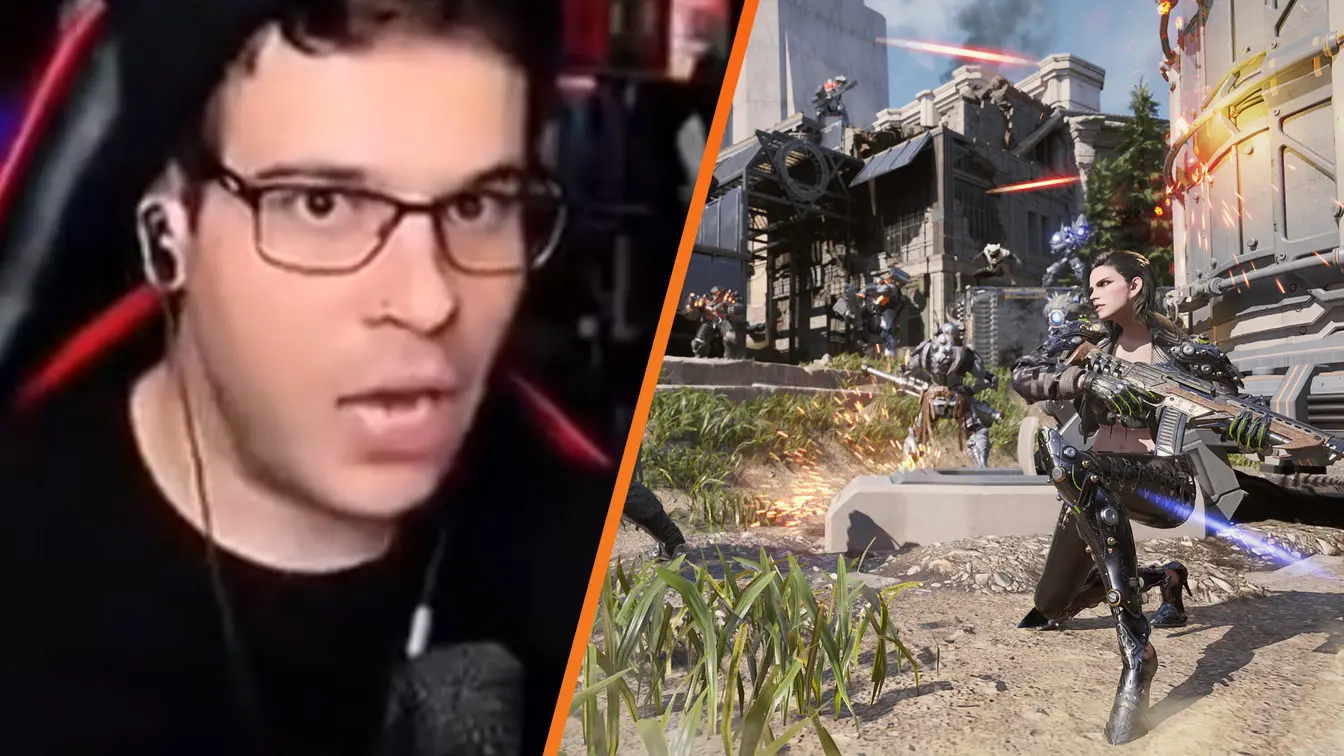
A streamer says ads for a popular game used his likeness and voice without permission, highlighting consent and platform safeguards in AI-driven marketing.
Streamer Alleges AI Used to Forge His Likeness in The First Descendant Ads
Ads for The First Descendant appeared on TikTok over the weekend through the game’s official account as part of a Creative Challenge campaign. A montage shared by Reddit users showed multiple creators speaking about the game, with commentators noting the voices and mouth movements appeared AI-generated. The montage’s first clip seemed to feature streamer DanieltheDemon, who later stated that the videos had nothing to do with him and that his likeness was used without permission.
Nexon issued a statement saying the ads were submitted by creators under TikTok’s Creative Challenge, an official monetization program that turns creators’ work into ads for brands. The company said some videos slipped past copyright checks and that it is conducting a joint investigation with TikTok to determine the facts. TikTok describes the program as a way to turn creativity into cash through user-generated content, but the company acknowledged the review has taken longer than expected.
Key Takeaways
"They stole my face and used AI to change what my mouth says and a voice that isn’t mine. I did not consent for my likeness to be used."
DanieltheDemon's direct claim in response to the ads
"All submitted videos are verified through TikTok’s system to check copyright violations before they are approved as advertising content."
Nexon's statement about verification process
"We sincerely apologize for the delay in providing this notice."
Nexon's official apology
"an official creator monetization program that turns your creativity into cash by creating UGC-style ads for your favorite brands"
TikTok's description of the Creative Challenge used in Nexon's statement
The incident tests how far brands can rely on user-generated content in sponsored campaigns. It also reveals gaps in consent and the protection of a creator’s digital likeness when AI tools are involved. As platforms refine their verification systems, advertisers face reputational risk if campaigns rely on unverified or misrepresented content. This case could push tighter safeguards and clearer rules around who can use a creator’s image and voice in advertising.
Highlights
- That is not my face and not my voice.
- Consent matters more than clever tech.
- Likeness rights need stronger protection.
- AI should not blur the line between real and fake.
Potential risk from AI likeness in ads
The claim that a creator's face and voice were used without consent highlights gaps in consent, copyright protection, and platform safeguards in AI-assisted marketing. This could provoke public backlash and regulatory scrutiny while affecting brand trust.
Likeness rights are catching up with technology, and the industry will be watching closely.
Enjoyed this? Let your friends know!
Related News

Nexon faces backlash over AI likeness ads
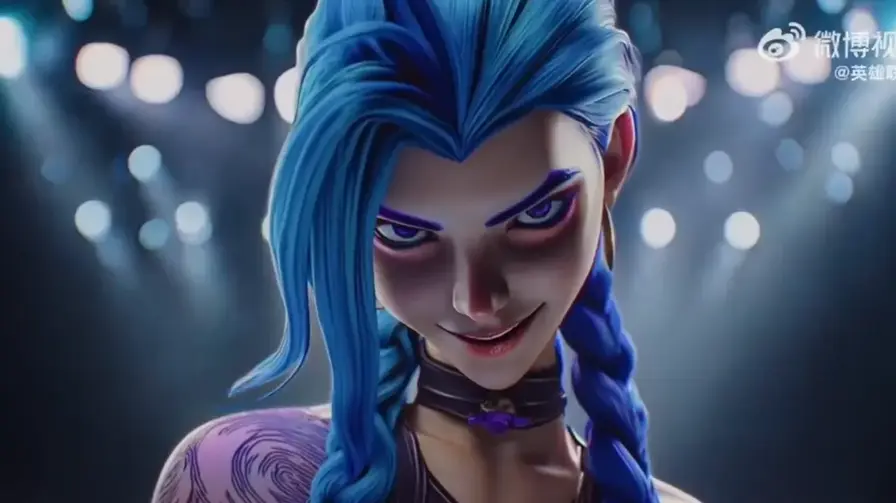
Riot Games faces backlash over Wild Rift AI trailer
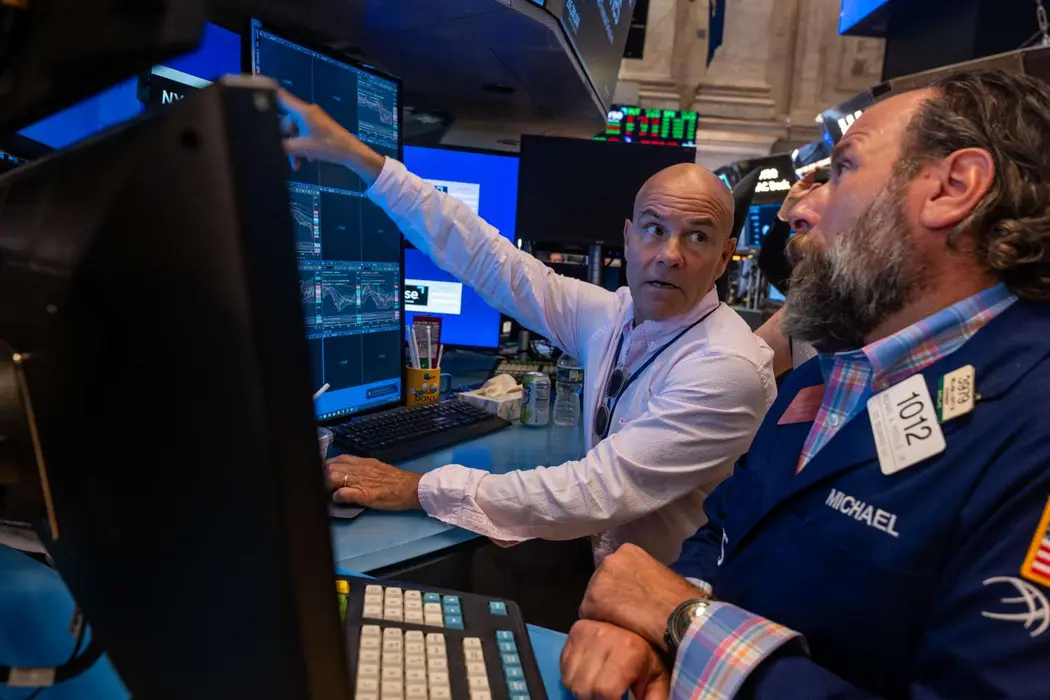
Tech stocks retreat as markets pause after record highs

Influencer Injured in Viral Stiletto Challenge
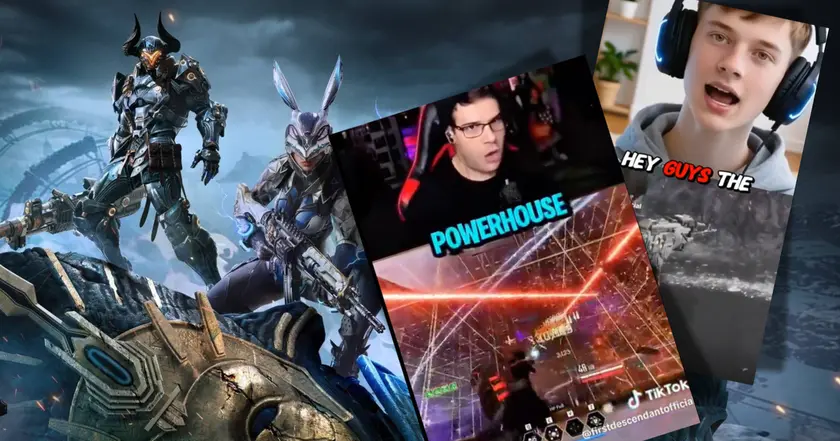
Nexon faces backlash over AI ads
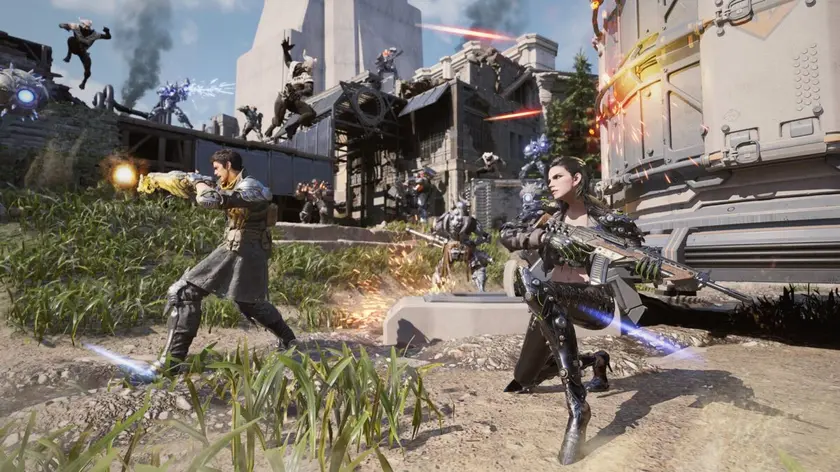
Nexon faces questions over AI TikTok ads

James Pond creator criticizes Gameware's new game
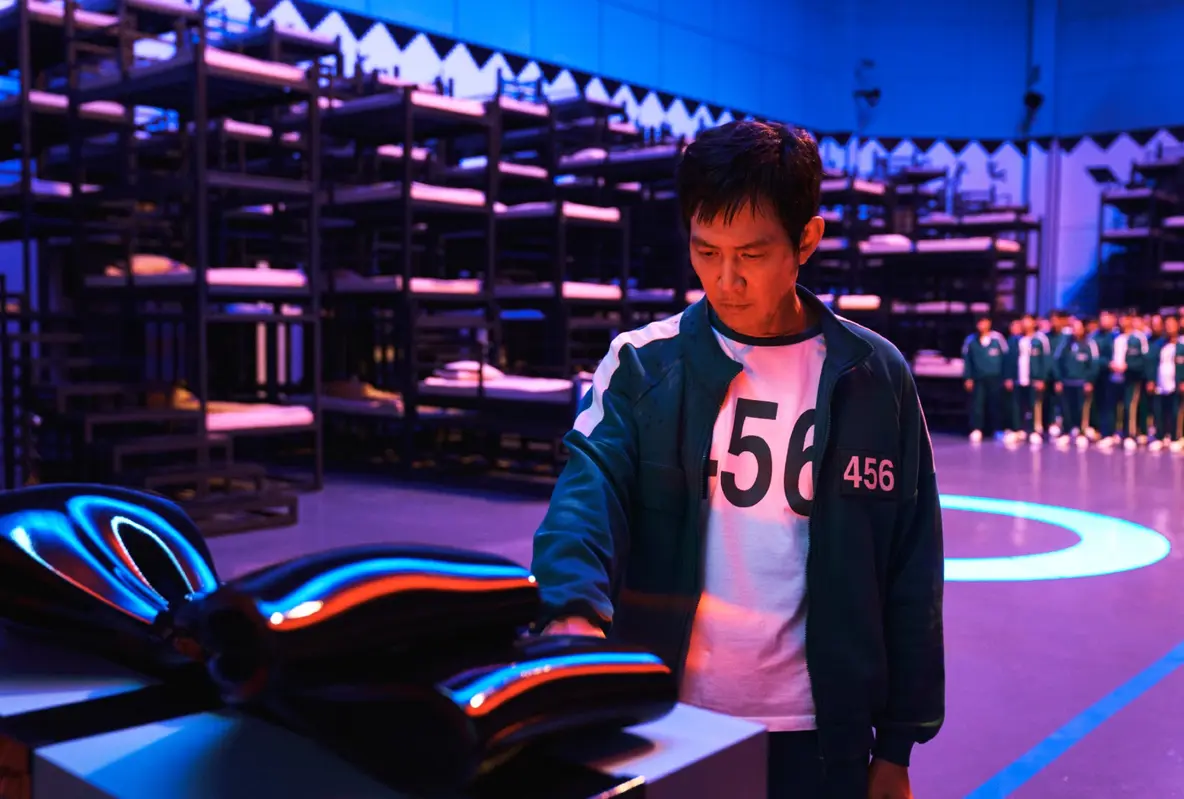
Final season of Squid Game critiques democracy
